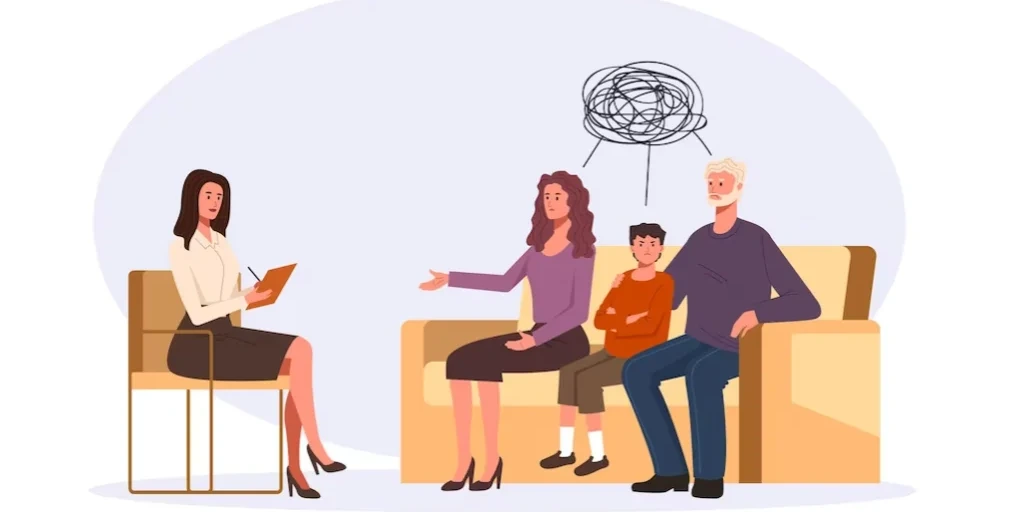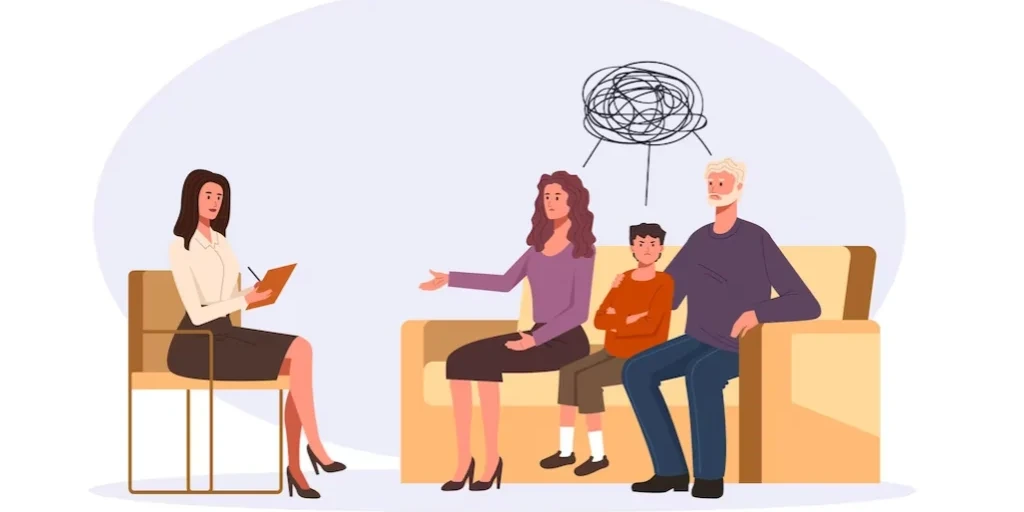24/7 Helpline:
(866) 899-221924/7 Helpline:
(866) 899-2219
Learn more about Anxiety Treatment centers in Marion County
Anxiety Treatment in Other Counties

Other Insurance Options

Group Health Incorporated

Meritain

Premera

Cigna

CareFirst

Health Net

Magellan

BlueCross

UnitedHealth Group

GEHA

ComPsych

Choice Care Network

Anthem

Kaiser Permanente

AllWell

Health Partners
Beacon

Sliding scale payment assistance

UMR

Carleon






















































